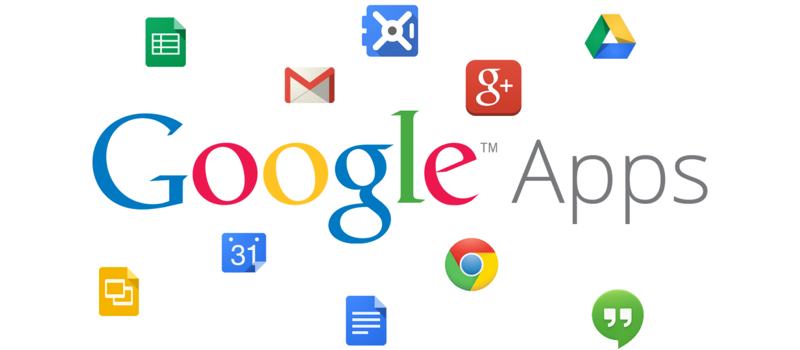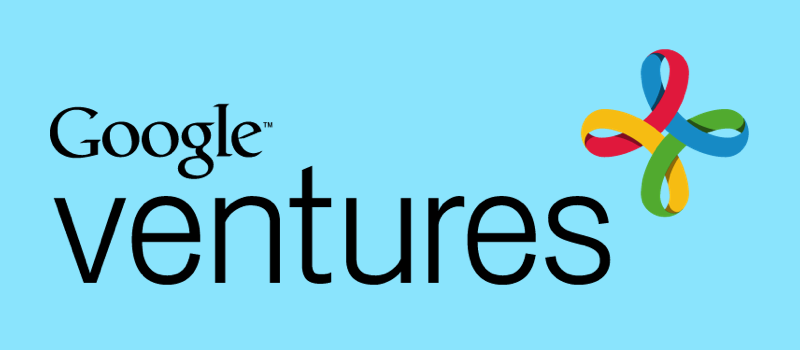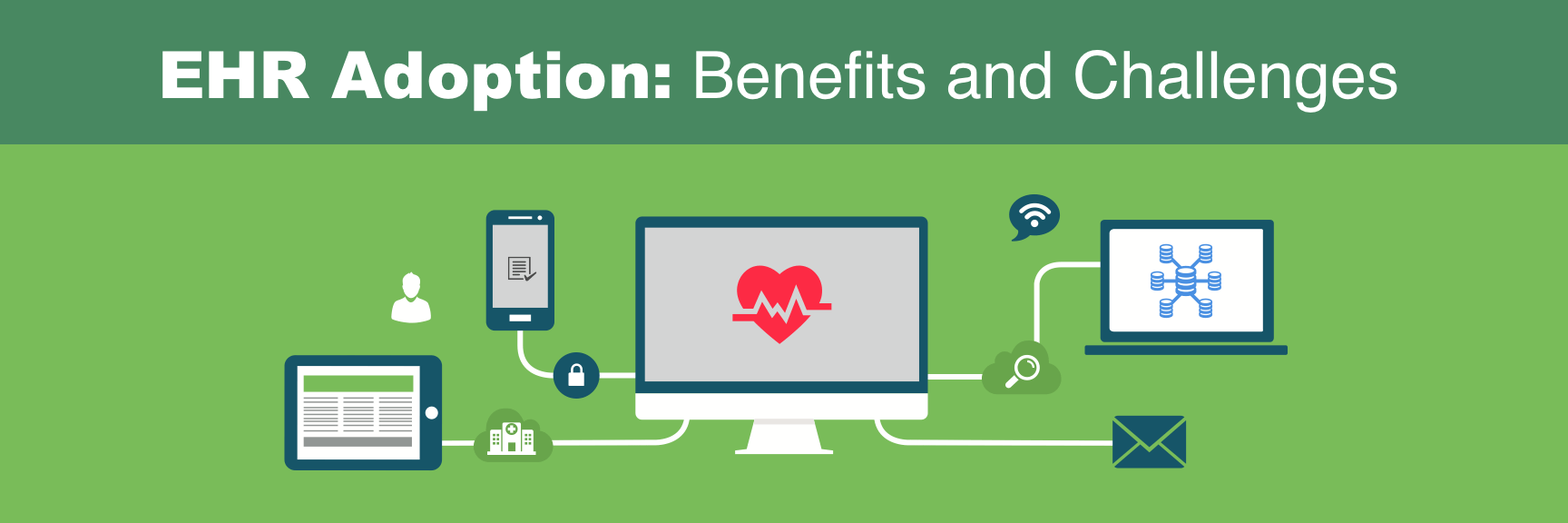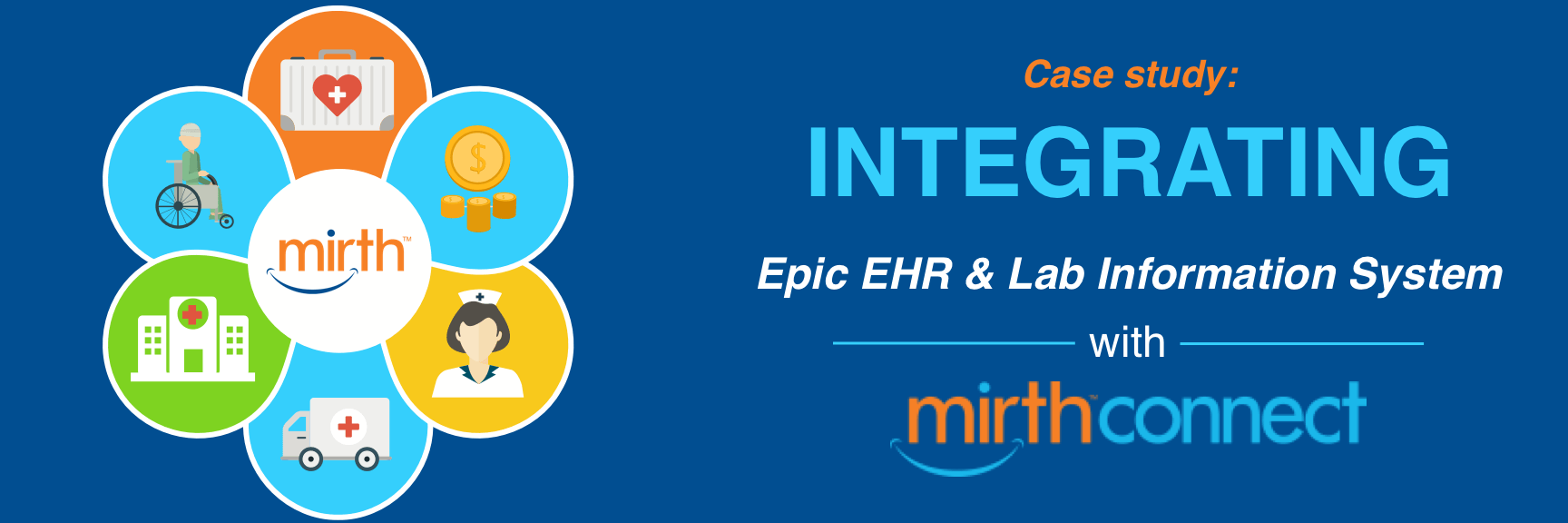Just recently, the Co-Founder of Google, Larry Page and Sergey Brin announced the formation of a new corporation named Alphabet. The Google’s Life Sciences team of 150 employees under this new name will now aim to expand its footprints into the healthcare industry. It’s no secret that Google has always been very keenly interested in the healthcare. This can be accounted by the fact that in the past year alone, the company has tested special pills that can detect cancer. Not to forget those high-tech contact lenses that allow the people suffering from diabetes to constantly monitor their glucose levels. Though, these inventions may not hit the market shelves anytime soon, this transition to Alphabet may help Google to pursue its health-care projects more ambitiously.
Why This Transition and How It can Help Google?
A holding company is particularly useful when the original company grows to become a larger organization that has more complex structure, as in case of Google. By splitting itself into this new venture, the executives will be able to focus more on their bottom line. Though, the new batch of companies under this venture will still be funded by Google, executives will be able to have a clear view into the spending of the division. Ruth Porat, the new Chief Financial Officer of Google believes that Life Sciences will act as forthcoming source of significant long term revenue.
A New Wave of Product Development
Google Co-Founder and Alphabet President, Sergey Brin in an online post stated that the group’s goals won’t change. To support this, he wrote, “They’ll continue to work with other life sciences companies to move new technologies from early stage R&D to clinical testing—and, hopefully—transform the way we detect, prevent and manage disease”.Earlier this month, Alphabet partnered with DexCom to develop miniature low-cost sensors to improve diabetes management. DexCom Inc. announced that it will make and sell small glucose monitors based on Google technology. Dexcom said, “Life Sciences collects an upfront fee, additional payments throughout the development and then revenue-based royalties after a certain sales level”.
To Start, Alphabet Will Include Many of Health Care Ventures of Google:
- Calico: This biotech company is headed by the former CEO of Genentech. The firm is researching the biology of aging and has already dedicated hundreds of millions of dollars to a new research facility.
- Life Sciences: This division of Google is working with Novartis to develop smart contact lenses that will monitor bodily functions, such as blood sugar levels, via miniscule sensors.
- Google Ventures: Google’s hedge fund just invested in the new CRISPR gene-editing platform. This platform should allow scientists to easily cut-and-paste DNA.
- Google X: This wing was initially formed as Google’s research arm, but has recently invested more deeply in the healthcare sector. According to Forbes, the firm hired a cardiologist from Harvard to lead its Baseline Study.
Now, it remains to be seen how this new tech company will play out in practice. Larry page writes, “From the start, we’ve always strived to do more, and to do important and meaningful things with the resources we have.”






